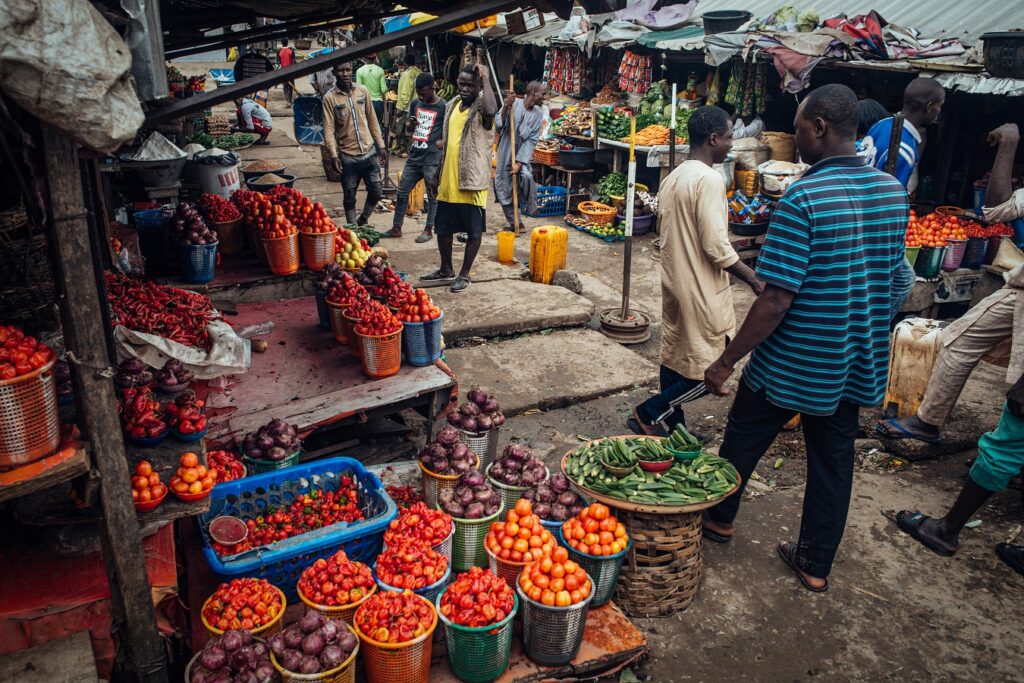By Nelson Ayivor
Ghana’s food insecurity crisis is deepening, with new data pointing to systemic failures in policy coordination, infrastructure, and social protection. Policy think tank IMANI Africa, in a critical assessment drawing on figures from the Ghana Statistical Service (GSS), the United Nations, and the World Food Programme (WFP), has warned that the country’s food systems are under severe strain, with over 13 million Ghanaians classified as food insecure by the end of 2024.
The report identifies a 7.3% year-on-year increase in food insecurity, with regional disparities and gendered impacts compounding the challenge.
The Volta Region recorded the highest rate at 52%, while Greater Accra saw a sharp rise from 20.2% to 29%. Female-headed households were disproportionately affected, with 44% facing food insecurity compared to 37% of male-headed homes. Malnutrition indicators also worsened, with underweight children in food-insecure households rising from 38% to nearly 45%.
IMANI argues that the crisis is no longer seasonal or rural it is structural. The organization points to fragmented agricultural policies, poor post-harvest infrastructure, and weak integration between nutrition and social protection programmes as key drivers of vulnerability. Despite macroeconomic growth, the benefits have failed to translate into nutritional security.
At the 45th World Food Day event in Accra, UN Resident Coordinator Zia Choudhury echoed IMANI’s concerns, warning that short-term relief efforts are insufficient. “Ghana must move from reactive measures to a resilient and inclusive food system,” he said, citing poor working conditions for women in food processing and low farmer earnings as structural impediments.
The WFP’s Ghana Country Brief, released in August, links the surge in food insecurity to climate change, environmental degradation, and economic pressures. Ghana’s status as a food-deficit nation leaves it exposed to global price shocks, particularly for staples like imported rice.
The WFP estimates that undernutrition costs Ghana 6.4% of GDP annually, with poverty rates remaining high at 23.3% and over 677,000 people living in extreme poverty.
IMANI’s analysis concludes that the crisis is rooted in policy incoherence rather than production shortfalls. The think tank calls for a coordinated food policy framework that prioritizes resilience, equity, and market access.
Recommendations include investment in climate-resilient agriculture, modern storage infrastructure, and fair pricing mechanisms to support smallholder farmers.
The report also advocates for nutrition education, food safety reforms, and data-driven targeting of vulnerable communities. IMANI warns that without structural reform, temporary gains will remain fragile, and food insecurity will continue to erode public health, productivity, and fiscal stability.
As Ghana prepares for another agricultural season under mounting pressure, the message from IMANI is clear: feeding the nation requires more than output it demands a reimagined food system anchored in equity, resilience, and long-term planning.


